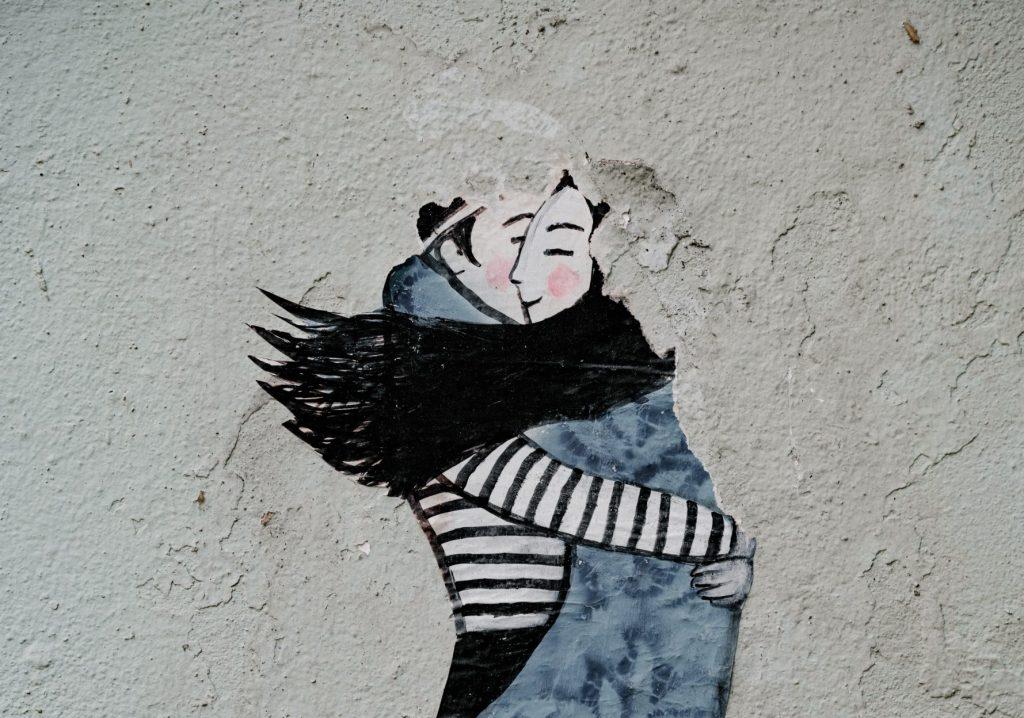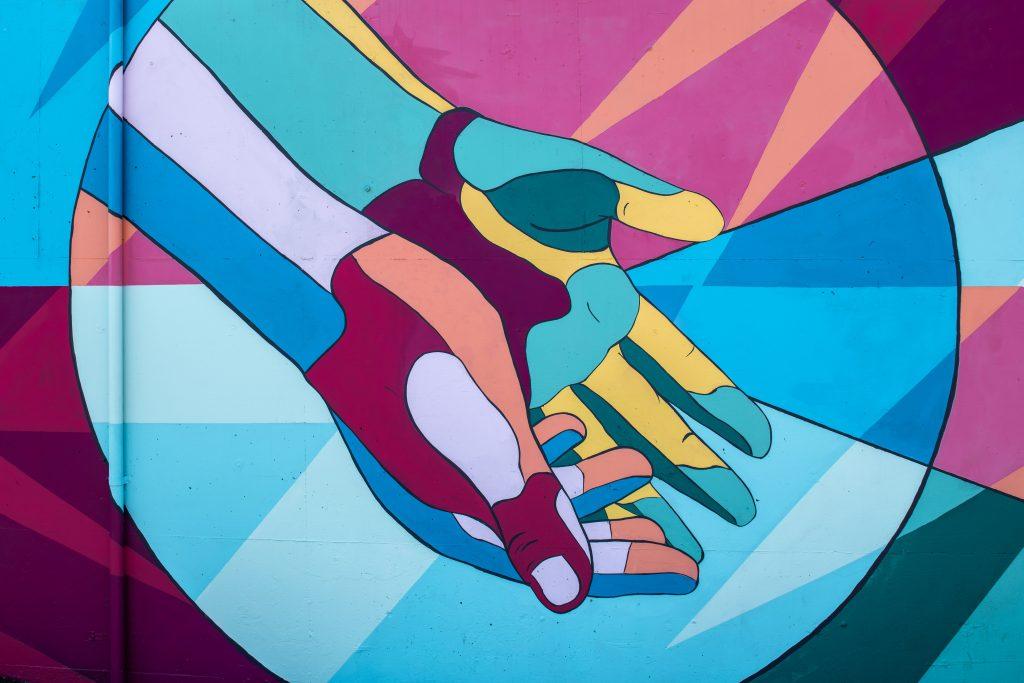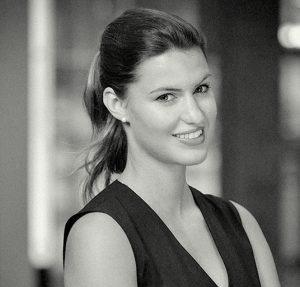Self-care has become a buzzword lately. It’s largely been co-opted by companies, using the banner of ‘self-care’ to sell products, everything from tea to mattresses to cars. It’s also become a convenient cop-out for behaviors that may be harmful to us in the long-term (check out our blog post about how ‘self-care’ can be used to justify procrastination).
I wonder about the ‘self’ in ‘self-care’. Is it at odds with a community approach to wellness and care? What happens if self-care is at risk of harming others around us?
To use an example from my own life, I keep putting off reaching out to a friend because lately she’s been passive aggressive and leaving me feeling frustrated with her behavior. So, I play the self-care card, telling her every time she reaches out that I’ve had a long day and I’m taking some ‘me time’ to stay in and relax. But I recently found out she’s been going through a lot of instability at work and with her family. Had I prioritized compassion for her over my ‘need’ (or just desire?) for a quiet night in, I might have been able to offer her some comfort.
It’s easy to justify my choices. “What about healthy boundaries in relationships?”, one might ask. “You were prioritizing your own wellbeing and not putting up with her bad behavior, there’s nothing wrong with that!” I certainly believe in healthy boundaries, and I do believe in constructing balanced relationships to avoid toxic interactions. I just wonder how compassion, love, and care for others can balance with all of that for ourselves. Does our growing obsession with self-care inevitably lead to tipping that balance in favor of our own wants and needs?


One alternative may be reframing self-care in relation to ‘collective care’. Or more accurately, ‘collective-as-self-care’ (a bit of a mouthful, isn’t it?). It’s the reframing of wellbeing to consider the individual and the social, and the belief that our personal wellbeing hinges on a wider collective wellbeing, and vice versa. After all, we define ourselves and our identities in relationship to one another.
This is not a new concept. In fact, it’s been around far longer than the largely Western emphasis on individuality and self-centered wellbeing. Many cultures around the world prioritize the collective and push for self-denial in favor of one’s family or wider community. Solutions often lay in the balance, rather than at extremes; just as an obsession with our own happiness can be narcissistic, an absolute devotion to the ‘greater good’ be oppressive and unhealthy. Lisa Chamberlain (2020) talks about collective care within the context of non-governmental organizations, and stresses the need for institutionalized collective care frameworks, such as the drafting of organizational policy that addresses challenges to staff wellbeing and provides concrete solutions.
Collective care is about finding balance between the individual and our community(ies). It’s about caring for ourselves so that we may care for others, and supporting others so that they can care for us. BeDo was founded in this belief (the name comes from ‘Be Well to Do Good’, as in, we must maintain wellbeing if we hope to be able to continue to help others around us). It’s a holistic, community-minded approach to wellbeing. That’s something I think we can all get behind.
Tags
About the author

